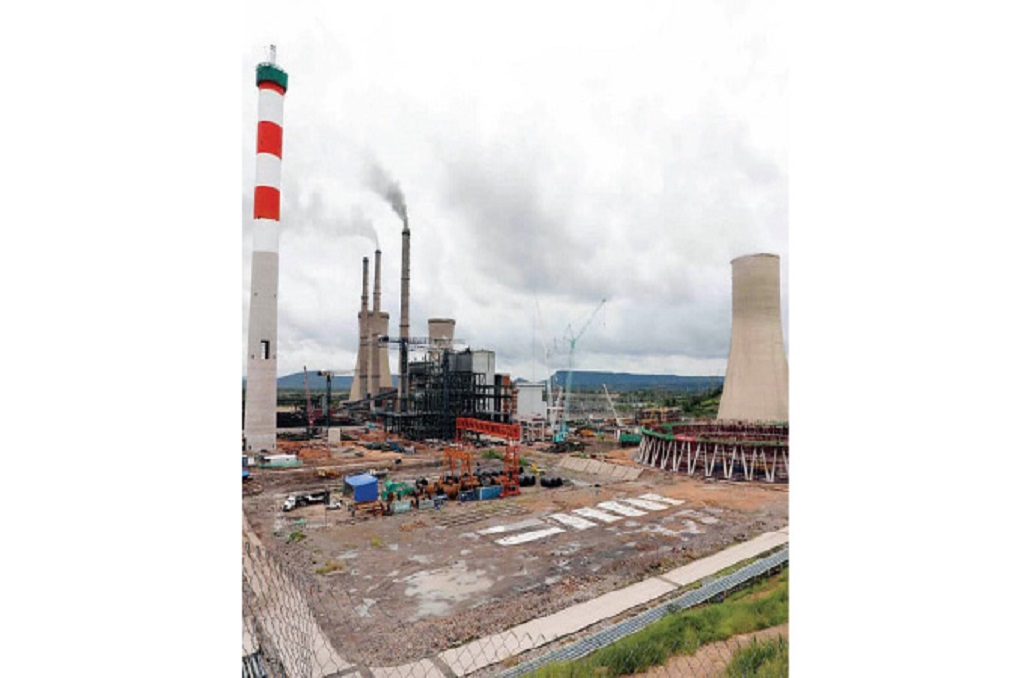
The ground-breaking ceremony for the 720MW Titan Power Plant Project on December 2, 2024, marks a historic moment in Zimbabwe’s journey toward energy self-sufficiency.
This transformative initiative, based at the Hwange Power Station, reflects Zimbabwe’s determination to overcome its energy challenges and catalyze economic growth. With its completion, the Titan Power Plant promises to alleviate the burden of load-shedding, enhance industrial productivity, and bring much-needed stability to households and businesses nationwide.
Under the visionary leadership of President Mnangagwa and ZESA Holdings’ Executive Chairman, Dr. Sydney Gata, this project aligns seamlessly with the ambitious goal of eradicating load-shedding by 2025 and achieving universal access to electricity by 2030. The project is a testament to Zimbabwe’s ability to forge impactful international partnerships, such as the memorandum of understanding signed during the President’s visit to China for the Forum on China-Africa Cooperation (FOCAC).
The implications of the Titan Power Plant Project extend far beyond just increased power generation. A stable and reliable energy supply is the backbone of any thriving economy. For Zimbabwe, this stability will boost sectors such as manufacturing, mining, and agriculture, enabling industries to reach their full potential. The ripple effects include job creation, increased productivity, and enhanced global competitiveness. Furthermore, consistent power supply to rural areas will unlock opportunities for small and medium enterprises, fostering grassroots economic development and improving living standards for countless Zimbabweans.
ZESA Holdings’ multi-pronged strategy—encompassing enhanced power generation, improved transmission infrastructure, and energy efficiency initiatives—is both bold and necessary. The Titan Power Plant’s role within this framework demonstrates a tangible commitment to addressing the nation’s energy challenges. This commitment is particularly significant in the context of Zimbabwe’s Vision 2030, which envisions the country as an upper-middle-income economy.
As the Titan Power Plant takes shape, it symbolizes more than just an engineering feat; it embodies hope, resilience, and progress. It is a beacon that signals a brighter and more prosperous future for Zimbabwe—a future where energy security fuels development, empowers communities, and propels the nation onto the global stage as a leader in sustainable growth.
The upcoming ground-breaking ceremony is not just a milestone; it is a clarion call for unity, innovation, and determination as Zimbabwe steps boldly into its energy revolution.




